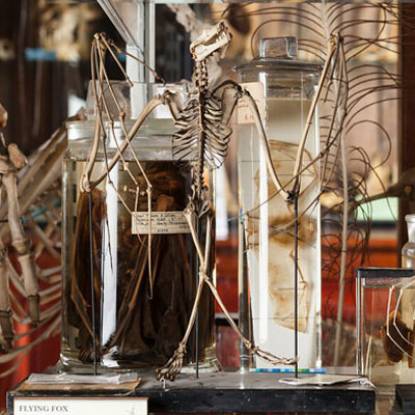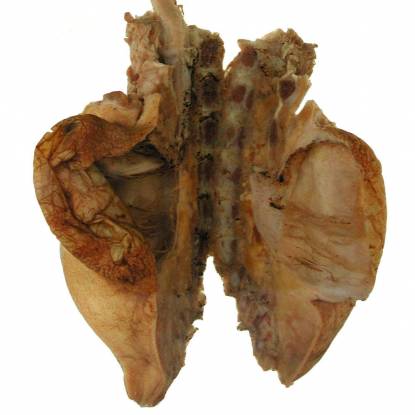Introducing the UCL Culture Conservation Team
The UCL Culture Conservation team provides specialist advice and care for the wide variety of objects within our museums and collections. In order to ensure the continued access and preservation of these objects, we employ preventive, interventive and analytical techniques in our conservation practice. UCL Culture recognises that preventive conservation forms the bedrock of our collection management practices. As such, the Conservation team manages the environmental monitoring and Integrated Pest Management of the nine main spaces that house collections. Condition surveys are also performed in order to assess the storage and display conditions of our collections, so that targeted improvements to collections care can be achieved.
In order to support the varied work of UCL Culture teams, we advise on the display and mounting of objects for exhibition, specification of packing and transport requirements for loans out, as well as the assessment of objects for acquisition. Collections care training and outreach sessions are also delivered to support the work of UCL Culture departmental activities.
The Conservation team is also responsible for producing and maintaining the five year Collections Care and Conservation Strategy that informs the main tasks for the continued improvement of UCL Culture’s museums and collections. By using this type of strategic planning for collections care, UCL Culture can achieve a plan which relies on risk management principles to inform priorities for collections work.
UCL Culture runs two conservation labs for our museums and collections. Our main lab on UCL’s Bloomsbury Campus, alongside our prep lab for wet specimen work and laser cleaning facility, serves the needs of all museums and collections at UCL. Here we also offer placement opportunities for post-graduate students from the UCL Institute of Archaeology’s MA and MSc Conservation training programmes.
We have a second conservation laboratory at the Royal Free Hospital in Hampstead, which serves the Pathology Collection. This lab is set up to perform treatment work specific to these rare specimens. In this space there is a wet lab to work directly with the specimens, a layout space as well as a workshop for the fabrication of acrylic specimen containers. The laboratory is also used for teaching purposes and continuing professional development activities.
 Close
Close




